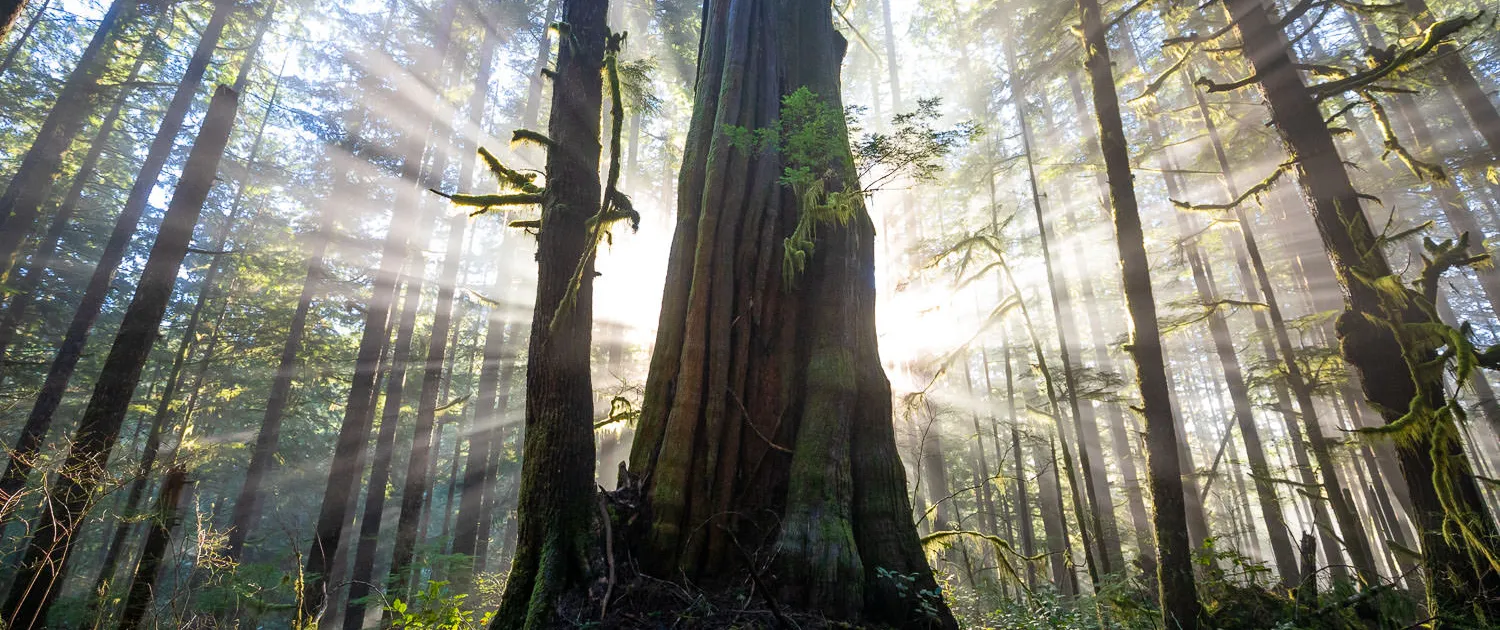 Jan 21 2010
Jan 21 2010Island forest group strikes out on its own
Veteran activists with the Victoria branch of the Western Canada Wilderness Committee are splitting from the group’s Vancouver headquarters and forming a new organization dedicated to fighting for old-growth forests.
The break follows a WCWC decision to centralize its old-growth campaign in Vancouver, reduce staff in Victoria, dismantle the website and close the Johnson Street store.
Campaign director Ken Wu — who had already announced he was leaving WCWC — forest and marine campaigner Tara Sawatsky and photographer TJ Watt launched the non-profit Ancient Forest Alliance at a news conference in Francis King Regional Park yesterday.
The new group will plug the gap the WCWC move would have left on southern Vancouver Island, said Wu, who does not believe the planned changes will benefit the environment but says he doesn’t want to waste time bickering.
“The important thing is to move on and do good things. I don’t want to spend time mired in mud-slinging, but people must know there’s a void which needs to be filled,” he said.
Wu was planning to travel and work for Green Party Leader Elizabeth May when he left WCWC, rather than start a new organization. “But Victoria stands out as a real stronghold of people who have a connection with ancient forests,” said Wu, who worried momentum would be lost.
The Ancient Forest Alliance will campaign for legislative changes and build on local grassroots support.
Watt will lead expeditions into less accessible areas as he documents endangered ancient forests, heritage trees and clearcuts.
The biggest change is the Alliance will not apply for charitable status, giving it more political freedom.
“We will be able to call it as we see it because we will no longer have the handcuffs of charitable status,” Wu said.
The group is calling on the province to conduct an inventory and protect old-growth forests, ensure sustainable logging of second-growth, end the export of raw logs and assist in the retooling of sawmills to handle second-growth.
At first, campaigners will volunteer their time and use Facebook and Twitter to mobilize supporters.
“We have a skeletal structure of an organization. We have a name, we have a G-mail account and we have a knowledge base and relationships we have developed,” Wu said.
Joe Foy, WCWC national campaign director, said the decision to close the Johnson Street store was made because it was not making money and about $1,000 a month could be saved by moving the office to a second-storey location.
The new WCWC set-up in Victoria will consist of an outreach co-ordinator, who will organize rallies and slideshows, and a coastal campaigner, working on issues such as ending salmon farming and keeping oil off the coast, Foy said.
Staff will also work with the Vancouver forestry campaigner on old-growth issues, as problems with too much old-growth logging and “biodiversity meltdowns” are similar throughout the province.
“We had noticed Victoria was becoming a little bit cut off from the rest of the organization,” Foy said.
There is room for both the WCWC and the Alliance in Victoria, he said, adding forest companies that insist on logging old-growth should be “quaking in their boots.”
“We are certainly working for the same goals and, down the road, I think it will become clear there are areas where we can help each other out,” Foy said.
“I think Vancouver Island is very lucky that Ken has decided to stay and fight this battle.”





